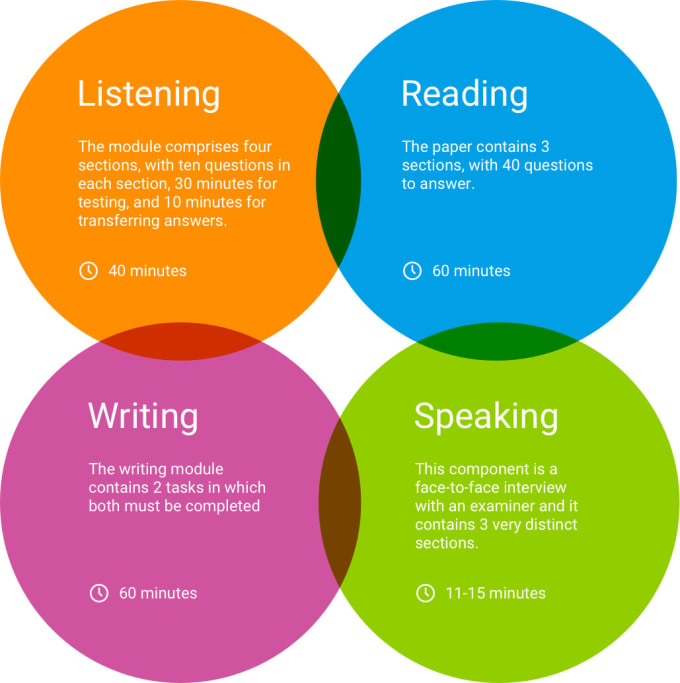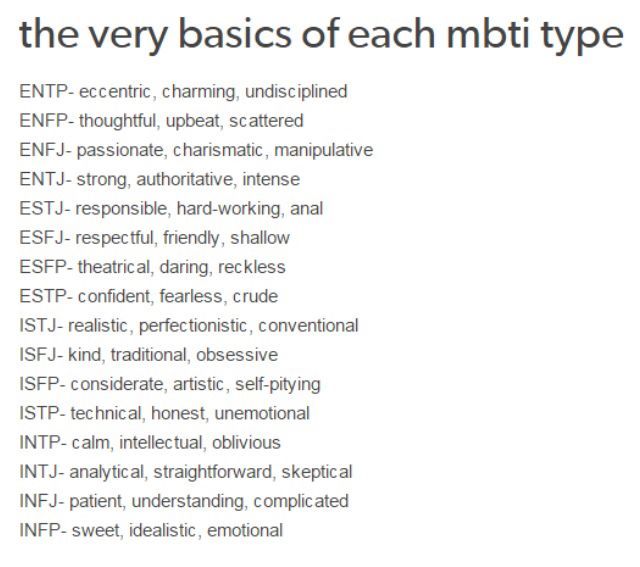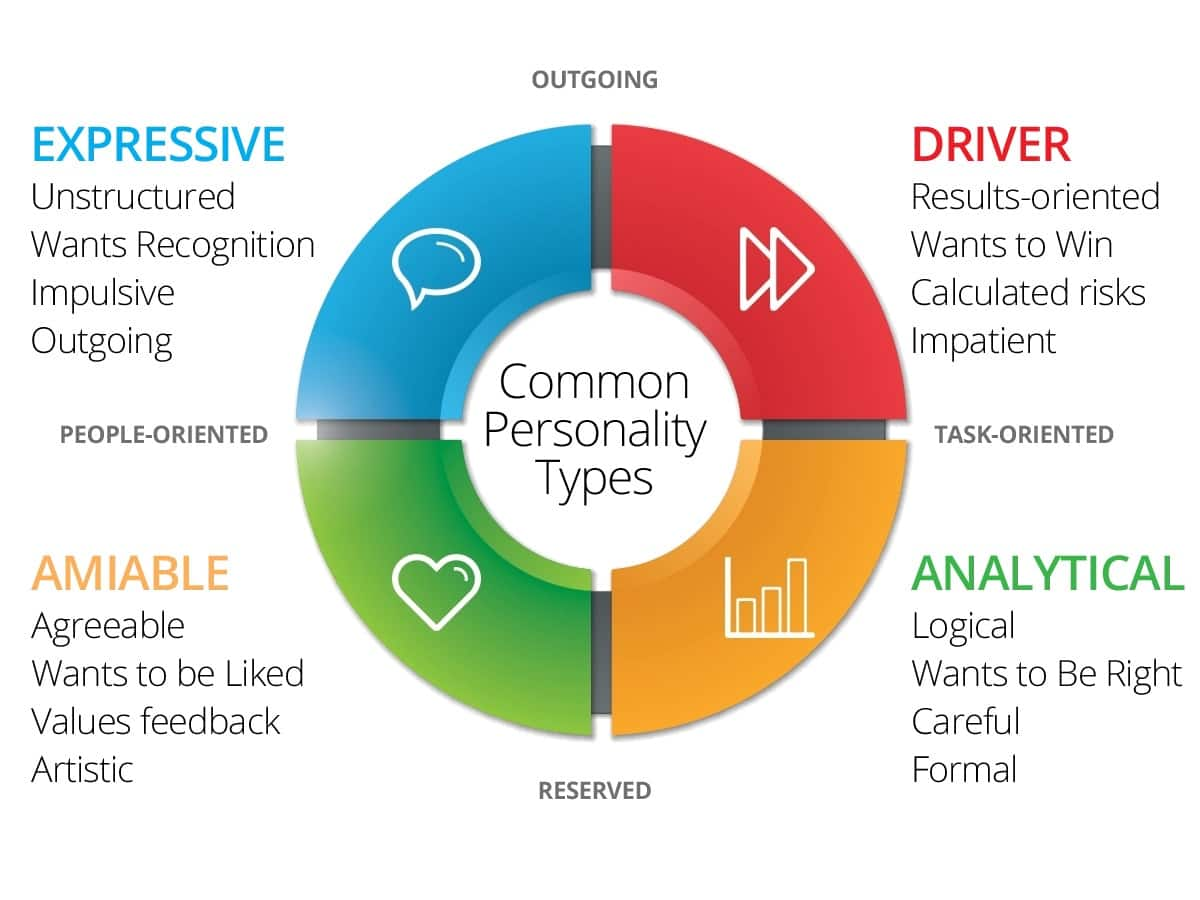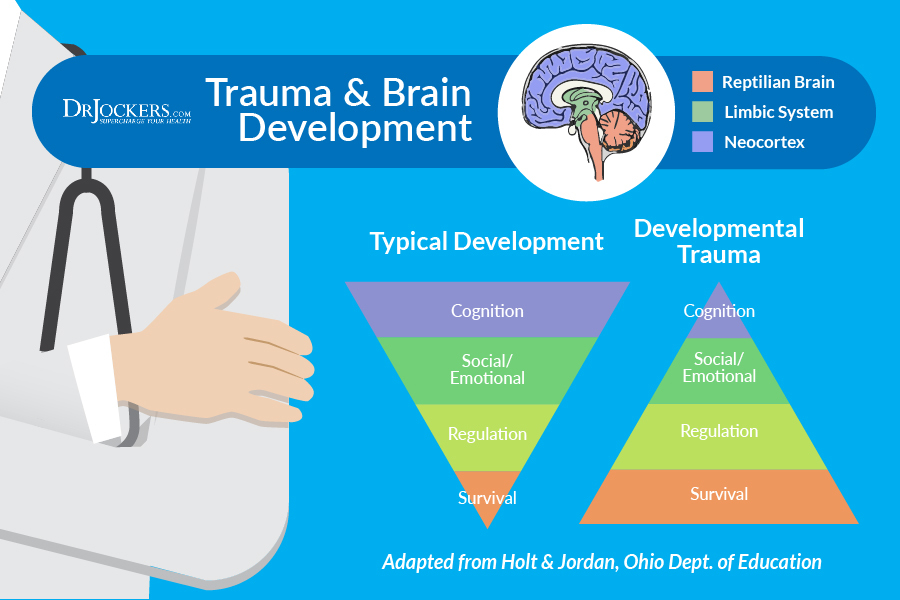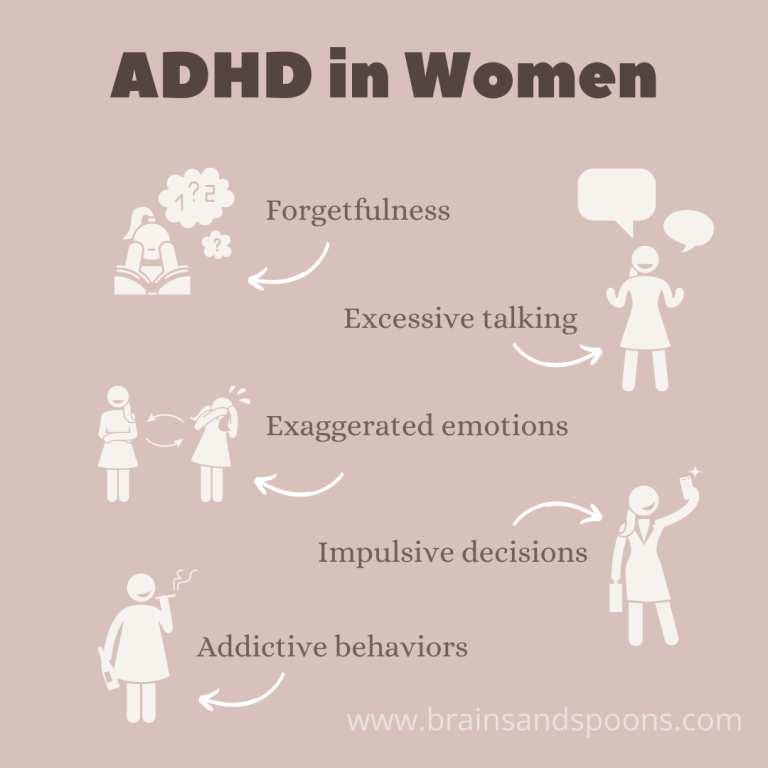Feel guilty after sex
10 Reasons Why It Happens and What to Do Next
Maybe you had good, consensual sex, and you felt fine at first. But then, as you lay there afterward, you couldn’t stop worrying about what just happened, what it meant, or what was going to happen next.
Or maybe you felt anxious about something that was in no way related to the sex you just had, but for some reason, that was all your brain wanted to think about.
Then, before you knew it, your anxiety completely took over the moment and your thoughts were racing. Maybe you even had a panic attack.
Sound familiar?
You’re not the only person this has happened to.
Whatever your feelings, know that they’re totally valid. You aren’t imagining them, and you aren’t “weird” for having them.
Post-sex anxiety is a real thing and is actually pretty common. People of all genders can be affected by it.
Not only that, but it can happen both during and after any form of physical intimacy — not just sex.
Post-coital dysphoria (PCD) — also known as postcoital tristesse (PCT) — is a condition that can cause feelings of sadness, agitation, and crying after intercourse. It can also cause feelings of anxiety.
PCD can last anywhere from 5 minutes to 2 hours, and it can happen with or without orgasm.
While research on this is somewhat limited, it can affect any gender or sexual orientation. It may also be pretty common.
A 2015 study found that 46 percent of the 233 female students surveyed experienced PCD at least once.
A 2019 study found that 41 percent of males surveyed experienced it in their lifetime.
If you’re experiencing PCD, you might feel anxious, sad, or a combination of both. You might feel different things at different times, too.
Hormones
When you have sex, a number of different hormones surge through your body, including dopamine and oxytocin. If you orgasm, other hormones are released too, such as prolactin.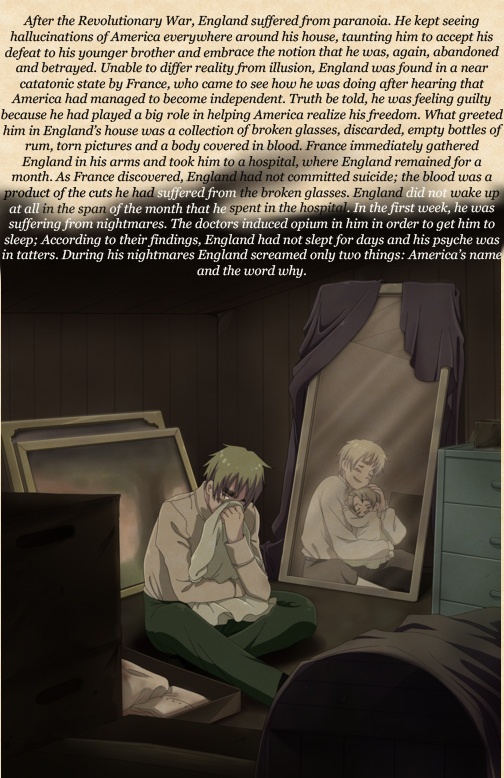
All together, these hormones can cause some pretty intense emotions.
After sexual activity ends, these hormone levels drop. This can cause some unexpected emotions — notably anxiety.
Many researchers think these hormonal fluctuations could play a role in causing PCD.
Your feelings about the relationship
If you have unresolved issues, fears, or worries about your relationship, sex can bring them up and make you feel overwhelmed — especially with all those hormones.
This can be the case, too, if you don’t have much history with your partner. All that uncertainty and “newness” can bring up feelings of anxiety.
Your feelings about sex and your body
Lots of people have complex feelings and anxieties around sex.
Maybe you have an idea of what sex should look like, or how it should go, or you’re uncomfortable with certain positions.
Maybe you’re worried about your ability to “perform.”
Sometimes people feel guilt or shame around sex, and it’s hard to leave those feelings outside the bedroom.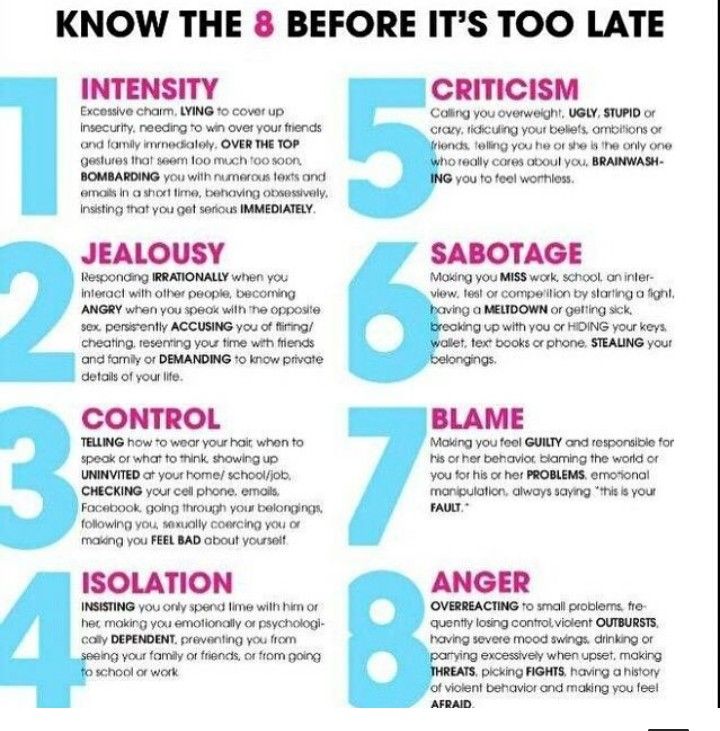
It can also be hard to forget about any body image issues you may have, and it’s definitely possible to feel anxious about being seen naked.
All of these feelings are incredibly common, and they can easily lead to anxiety after a sexual encounter.
General anxiety and stress
Do you have a lot going on in your life right now? If you’re feeling generally anxious or stressed in your day to day, it can be hard to really put that aside.
You may think you’ve let it go in the moment, but your body might just be going through the motions, leading it to well back up when you’re done.
If you live with an anxiety disorder or depression, you might also be more likely to experience symptoms of PCD — including anxiety.
The 2015 study noted that although underlying causes of PCD aren’t known, people experiencing other forms of psychological distress may account for more people experiencing PCD.
Past trauma or abuse
If you’re a survivor of sexual assault or abuse, certain ways of being touched or positions can be triggering.
It can even subconsciously bring up feelings of vulnerability, fear, and anxiety.
First, take a deep breath — or several. When you’re feeling anxious, it’s easy to hyperventilate.
If you know breathing exercises, those can help, but if you don’t, that’s okay.
Just focus on inhaling and exhaling to try to calm your mind and slow your racing thoughts.
If your anxiety is making your thoughts race about worst-case scenarios and you can’t stop it, try calming yourself by focusing on the present, instead of whatever your brain is worrying about.
For example, one trick that might help is to follow the 3-3-3 rule:
- Start by naming 3 things in your head that you see in front of you.
- Then, name 3 things you hear.
- End by moving 3 parts of your body.
Another way of bringing your thoughts back to where you are in the present is to ask yourself some basic questions to assess your needs right now:
- Am I safe?
- What is happening right now?
- Is there something I need to do right now?
- Is there some place I’d rather be?
- Can my partner do something right now to help me feel better?
If you want to and you’re able to, tell your partner what’s going on and talk to them about what’s bothering you.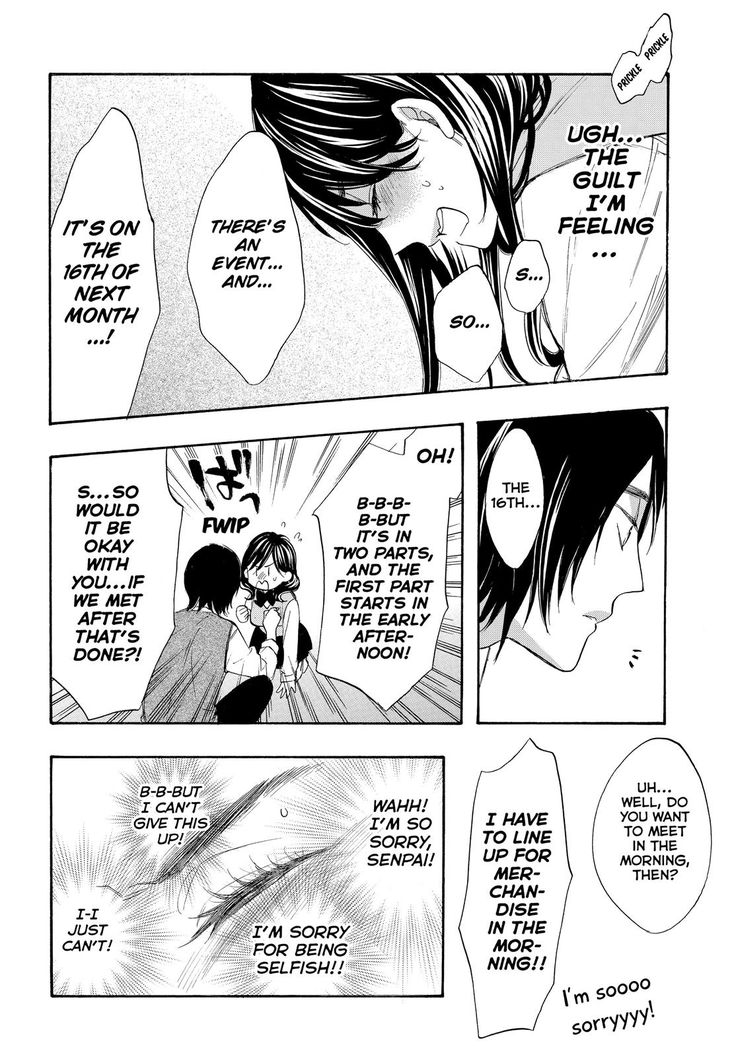
Sometimes, talking out your anxieties can help you feel less alone with your fears. It can also help you fact-check whatever your mind is worried about.
If you’d rather be alone, that’s okay too.
Once you’ve had some time to regain your composure, try to take stock of the reasons you could be feeling anxious so you can make a plan for what to do next.
Here are some good questions to ask yourself:
- Was there something specific that my partner did to trigger these feelings, or did these feelings start when something didn’t go as planned?
- Were these feelings of anxiety about the sex itself, my partner, or something else that’s going on in my life?
- Was I reliving an abusive or traumatic event?
- Were my feelings of anxiety about my own self-image?
- Does this happen a lot?
If your answers point toward more general anxiety that isn’t specific to this sexual encounter, it might be worth taking a break from sex or talking to a qualified therapist who can help you.
You may also find this helpful if you’re consistently feeling anxious before, during, or after sex and you think it could be connected to a previous trauma.
If your answers point toward specific anxieties about your partner or what you want sex to look like, it might help to think about what you want the period after sex to be like.
For example, do you want to be held or do you want some space?
Talking to your partner about your expectations can help you feel more in control of your feelings, help minimize disappointments, and help you feel closer as a couple.
If you notice that your partner is feeling anxious or upset after sex, the first — and best — thing you can do is take stock of their needs.
Ask them if they want to talk about it. If they do, listen.
Try not to judge and try not to let it bother you if what they want to talk about feels “out of left field” after sex.
Sometimes their anxieties about work, family, or life just well up and they need someone to listen — even if it feels like the timing is off.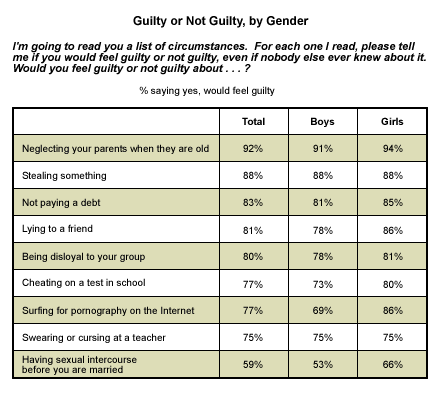
Ask if there’s something you can do to help console them.
Some people like to be held when they’re feeling anxious. Others just want someone to be nearby.
If they don’t want to talk about it, try not to take offense. They might not be ready to open up about what’s bothering them, but that doesn’t mean they’re upset with you.
If they ask for space, give it to them — and again, try not to be hurt that they don’t want you there.
If they say they don’t want to talk about it or ask for space, it’s okay to follow up with them later that day or even in a few days.
It’s important to let them know that you’re there for them when they’re ready.
If this happens a lot, it’s okay to ask them if they’ve thought about talking to a therapist. Be gentle when you ask, and try not to be pushy or judgmental.
You don’t want to make them feel like you’re saying they’re broken or invalidate their feelings.
And remember: The best thing you can do as a supportive partner is be there for them in whatever way they need you to be.

Sometimes just knowing they have someone there for them will go further than you think.
Feeling anxious during or after sex isn’t that unusual — you’re not weird for feeling this way.
However, if it happens regularly, you may find it helpful to talk with a therapist. They can help you unpack your anxieties and address any underlying issues that are popping up during or after sex.
Simone M. Scully is a writer who loves writing about all things health and science. Find Simone on her website, Facebook, and Twitter.
Do You Ever Feel Bad After Having Sex that Was Good?
After having sex that’s satisfying, both partners will usually bask in the afterglow and often feel good emotionally. But some people occasionally feel bad after having sex that was good, and not simply because they’ve been sheltering in place with their partner for what seems like an eternity.
When people feel unhappy or bad after having sex that was satisfactory and consensual, it’s called postcoital dysphoria.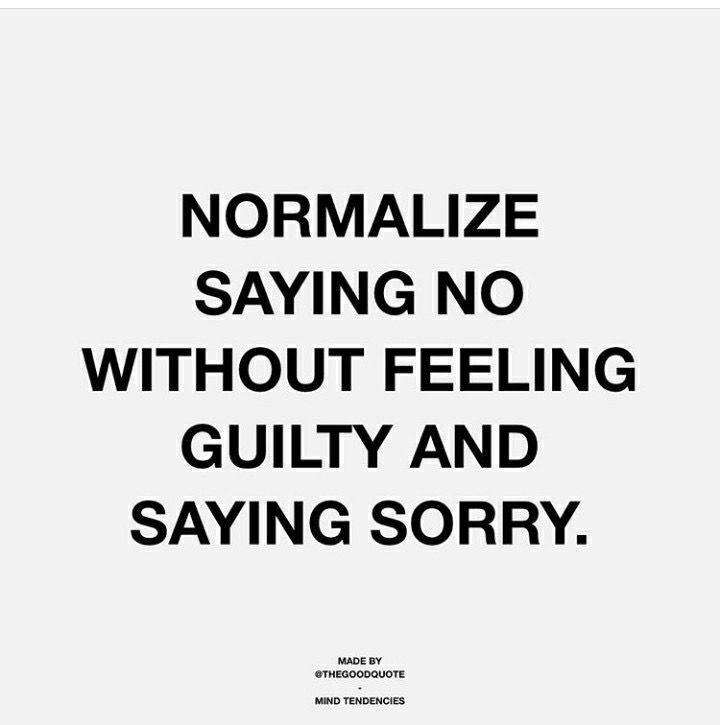 Unfortunately, the term postcoital means after intercourse, while these bad feelings can occur after masturbation, oral sex, dry humping or finger play and not just intercourse or sex with a partner.
Unfortunately, the term postcoital means after intercourse, while these bad feelings can occur after masturbation, oral sex, dry humping or finger play and not just intercourse or sex with a partner.
Until recently, it’s been assumed that approximately 2% of women and 3% to 4% of men experience postcoital dysphoria on a regular basis, and half of all people have experienced it at least once during their lifetime. But according to a recent study published in the Journal of Sexual Medicine, postcoital dysphoria is way more common than was previously thought and it has a greater range of symptoms.
More than 90% of the people in this study said they experienced sadness, unhappiness, frustration, agitation, mood swings, flu-like symptoms, or low energy at least once during the past four weeks after they had masturbated or had sex with a partner that was satisfactory. There were some differences between the men’s and women’s symptoms, but they did not reach statistical significance.
Unfortunately, the authors didn’t define what they meant by “satisfactory sex,” so it's not clear whether it means sex that was satisfying or simply sex that you didn’t hate. They did specify that it was sex that was consensual.
While I applaud the authors of this study for researching such an important and under-studied subject, I was disappointed at how poorly the study was presented. When I was on the editorial board of the Journal of Sexual Medicine, I would never have green-lighted this study for publication without requiring serious changes. If I were teaching a graduate course on research and study design, this study would be on my examples of what you shouldn’t do. Still, there’s a lot we can learn from it.
Are the Findings Right or Wrong?
Do my concerns about this study mean the findings are wrong? I can’t tell you, because the way the authors arrived at them is confusing. Fortunately, we can learn almost as much from studies with flaws as from studies that hit it out of the park. Even the most respected studies in human behavior often have more weaknesses than strengths. This doesn’t mean we should ignore or dismiss them but that we need to be careful about generalizing the results of any study beyond the individuals who were actually studied.
Even the most respected studies in human behavior often have more weaknesses than strengths. This doesn’t mean we should ignore or dismiss them but that we need to be careful about generalizing the results of any study beyond the individuals who were actually studied.
The Internet Must Have Been Down
Internet convenience studies (AKA, online studies) are known for their large number of respondents. This is perhaps their greatest strength. Yet even after posting ads at different hospitals, universities and on social platforms such as Facebook, only 223 women and 76 men ended up completing the entire questionnaire for this study.
What particularly concerns me is the average male in this study was almost 43 years old, or more than 8 years older than the average female, and 21.1% of the men who filled out the questionnaires “suffered from a clinically diagnosed (but-self reported) depression.” What? According to the National Institute of Mental Health, about 5. 3% of males suffer from major depression, so it seems a big chunk of the few men who completed this online study were unhappy dudes. More importantly--why, if you could only find 76 men on the entire Internet to complete your study, would you even include males?
3% of males suffer from major depression, so it seems a big chunk of the few men who completed this online study were unhappy dudes. More importantly--why, if you could only find 76 men on the entire Internet to complete your study, would you even include males?
Low Energy and Lethargy after Sex and Masturbation?
Since the beginning of time, humans have used masturbation as a way to help speed up the transition from wakefulness to sleep. So I don’t understand why this study would say that feelings of lethargy or low energy after masturbation are symptoms as opposed to a goal.
Also, what if a man has worked hard to please a partner during partner sex? Perhaps that’s not tiring to men in Switzerland and Germany where the study was done, but it can be for men in the United States.
It could be the problem is one of translation from German or Swiss into English. Maybe ”low energy” is not what the authors meant. (I emailed the lead author with questions about this, but did not receive a reply. ) Unfortunately, when a study is only a couple of pages long and doesn’t include the actual questions that were asked, it tends to leave readers scratching their heads.
) Unfortunately, when a study is only a couple of pages long and doesn’t include the actual questions that were asked, it tends to leave readers scratching their heads.
Flu-Like Symptoms After Sex?
Unless you were being groped while on the Nitro rollercoaster at Six Flags or the Steel Vengeance at Cedar Point, or you were having sex on the top bunk in a dorm room, I’m not sure why someone would have “flu-like” symptoms after sex. But according to this study, 52.5% of men and women experienced “flu-like” symptoms following sex during the past four weeks. A more detailed explanation of what the authors meant by “flu-like” symptoms would have been helpful.
Questions About Their Questions
One of the most important parts of any study has to do with the questions that were asked and whether they measured what the study says they did. The authors of this study created their own questionnaire “based on previous literature descriptions... and further influenced by face-to-face discussion among three sexual medicine experts.” Giventhat they were not using a validated questionnaire, the authors should have at least included the questions and questionnaire they developed. But no such luck. To their credit, the authors did mention this in their brief “study limitations” section. But I’m not sure how including a quick “our bad” at the end of a study makes it any better.
and further influenced by face-to-face discussion among three sexual medicine experts.” Giventhat they were not using a validated questionnaire, the authors should have at least included the questions and questionnaire they developed. But no such luck. To their credit, the authors did mention this in their brief “study limitations” section. But I’m not sure how including a quick “our bad” at the end of a study makes it any better.
My Conclusion about Their Conclusion
This is a flawed study with some very interesting and fascinating results: 91.9% of the participants reported having had “postcoital symptoms” over the past four weeks, with the most common symptoms being mood swings, sadness, unhappiness and low energy. Other symptoms included frustration, flu-like symptoms, and worthlessness.
I realize that the goal of the authors was to broaden understanding of postcoital dysphoria or postcoital symptoms, but to me, the important takeaway is, if you occasionally experience symptoms like these after having had sex that was satisfactory or after masturbating, then you are by no means alone. But if you have such symptoms often following sex, you should consider discussing them with a therapist, depending on the severity of the symptoms and whether they are affecting your enjoyment of sex.
But if you have such symptoms often following sex, you should consider discussing them with a therapist, depending on the severity of the symptoms and whether they are affecting your enjoyment of sex.
Sex through tears or Why is it sad after intimacy?
Sex relieves headaches, premature aging and even helps reduce the risk of depression. But scientists have found that 46% of women and about 40% of men can experience feelings of sadness, depression, and even a desire to cry after intercourse. We tell you what caused these emotions and whether it is necessary to sound the alarm.
Attention! "Adult" content intended for persons over the age of 18
On the wave of hormones
Scientists call this condition postcoital dysphoria. Two Australian studies in 2015 and 2018 found that about 40% of all men and women who participated in the study, regardless of age, gender and sexual orientation, experienced it.
Postcoital dysphoria instead of pleasant lightness and calmness after sex envelops a person with feelings of guilt, melancholy, loneliness. These sensations cause anxiety and make you think that something has broken in the body or in relationships, but scientists reassure: quite often this condition can be triggered by a surge in the hormones of pleasure and affection. nine0005
These sensations cause anxiety and make you think that something has broken in the body or in relationships, but scientists reassure: quite often this condition can be triggered by a surge in the hormones of pleasure and affection. nine0005
During sex, the body receives an increased dose of sex hormones (testosterone), attachment hormones (oxytocin, dopamine), and after intercourse their concentration in the blood decreases. This can cause a withdrawal syndrome, for which feelings of anxiety and discomfort are fairly common reactions. Perhaps the partners have not been together for too long or, on the contrary, have recently taken a break in their intimate life.
Reasons for sadness
Sometimes the reason for a depressed state lies in the plane of psychology and emotions. The topic of sex is still surrounded by a rather dense cloud of negative associations, and sometimes they make their way into the couple's personal life. Here are a few reasons that can cause postcoital dysphoria:
Dissatisfaction with oneself
Many people want to look like heroes from the covers of erotic novels during sex: when the angle is perfect, the figure is correct, the look is meaningful and mysterious, and the hair lies like after a salon. But will it add positive emotions? Rather, trying to maintain a perfect appearance during sex will only distract and lead to even more irritation and fatigue.
But will it add positive emotions? Rather, trying to maintain a perfect appearance during sex will only distract and lead to even more irritation and fatigue.
Guilt
The reasons may be different: perhaps you were not interested enough in sex, but did not want to refuse your partner, or you would like sex to happen in a different place, under different circumstances and with a different partner. nine0005
Relationship problems
When a relationship is turbulent, sex can turn into a desperate attempt to strengthen a shattered bond, feel close to a partner. But the hormonal glue doesn't always work flawlessly, problems are cumulative, and if left unresolved, miraculous orgasm or conciliatory sex won't work.
Lack of confidence in partner
“Does he/she really like it or is he/she pretending?” Uncertainty in a partner and the search for a dirty trick turn sex into "Lie to me" and also distract from pleasure. nine0005
Trauma
Sex-related trauma can also cause depression when the person feels that their own boundaries have been violated. This is a strong emotional experience that can carry over to the next intimate relationship. Such a problem often requires the help of a specialist.
This is a strong emotional experience that can carry over to the next intimate relationship. Such a problem often requires the help of a specialist.
Emotional causes can be resolved by a sincere and honest conversation with a partner or psychologist. Often they can turn out to be deeper than it seems at first glance, but this does not mean at all that it is impossible to deal with them. nine0005
Alexandra Ivanitskaya
Tags
#psychology
#erudition
Why you want to cry after sex, why you want to eat after sex, why you want to smoke after sex, why you feel sad after sex SVO news for December 26
5 facts about Doshirak that will change your ideas about instant noodles
Nikitin: “In five years, the income of Nizhny Novgorod residents has grown by 40%”
“They are also our wealth”: Gleb Nikitin — about specialists who emigrated from the country
“The worst thing you can do”: 6 things you will regret after a corporate party (not only alcohol)
Gleb Nikitin named CBO “ largest conflict since World War II”
Gleb Nikitin on the results of the five-year work of the Nizhny Novgorod government. Watching the broadcast with NN.RU
Watching the broadcast with NN.RU
“It didn’t hurt to spread your legs”: terrible stories of real women about rudeness in gynecologists’ offices
Olivier with Duck and Hangover Solyanka: Telling Which Nizhny Novgorod Restaurants Have a New Year's Menu
The Opening of the Ice Town at the Nizhny Novgorod Fair Was Postponed Due to Warming
OMK's Program for Social Entrepreneurs Won the All-Russian Visionary Award
" Bitch, you can do it." What and how does billionaire Ayaz Shabutdinov, who wants to get rich, teach at the Like Center
The A-30 bus route will be extended to Burnakovka in early 2023
Comedies, fairy tales and love stories: what online novelties will be available during the January holidays
The developer has presented a new sketch of a high-rise building to be built near the Metro Bridge. The house will appear on the site of the demolished elevator
What champagne to buy for the New Year? Blindly testing seven types of sparkling wine (France and Russia met in the final)
Online services conducted a user survey and compiled the best New Year's books and film adaptations
A new forge of metallurgical personnel opened in Vyksa
Nizhny Novgorod region entered the top 10 regions of Russia
North Korea again launched drones in South Korea.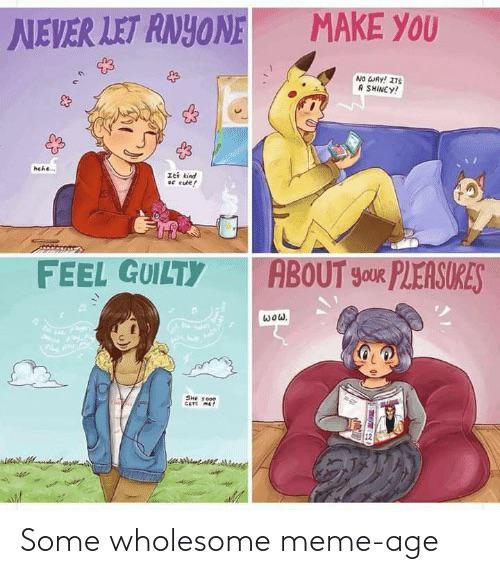 Why does it bother everyone today
Why does it bother everyone today
Sarov topped the rating of closed Russian cities with the most expensive apartments on the secondary market
Street musicians on Pokrovka and an ice town at the Fair. We publish the program of New Year's events in Nizhny Novgorod
Russian human rights activists launched a survey on the acceptability of police violence
“The child was immediately granted citizenship, and here whales and penguins are nearby”: the story of a lawyer who emigrated to Argentina
From the first call to the uppers: what transformation did the Beeline go through on the way to personalizing tariffs
A sharp cold snap - and again warming. What kind of weather awaits Nizhny Novgorod residents in the last week of the year
From January 1, salaries will be raised in Russia. Lawyers explained who and what increase can count on0005
Putin explained what Russia's goal is: NVO news for December 25
Gazmanov's clip was shown to Nizhny Novgorod schoolchildren at a concert in support of the military
"A woman feels a ball, this is the first symptom": a doctor spoke about a dangerous and embarrassing female disease
Only not with brown bread: the chef showed simple recipes for spectacular appetizers with red caviar - from sandwiches to rolls
A test for hardcore moviegoers: try to guess the movie by emoji
In the Lyskovsky district they said goodbye to the mobilized
who died during a special operation Nizhny in the glow of New Year's lights. Walking around the city center and admiring its festive decoration
Walking around the city center and admiring its festive decoration
For two days I could not bring down the temperature: how the journalist “died” from illness in the midst of the flu
Nizhny Novgorod > everyone else: choosing the best New Year tree in the Volga region. Vote!
A regular bus crashed into a taxi in Bor. Four people were injured
Ksenia Goryacheva from Nizhny Novgorod won the show "New Dances"
All news
Men also cry after sex, but they have their own reasons for it (of which they sometimes do not suspect themselves)
Photo: Yury Orlov / Network of city portals
desires - to talk, lie in an embrace, go to eat or drink coffee, someone urgently needs a cigarette, someone maniacally runs into the shower. And some women are prone to excessive emotionality and tears - they can cry both during the act and after it, the reasons can be very different (small spoiler: not only women cry). We decided to ask doctors and psychologists to explain to us why this happens, what to do with the flow of water from the eyes and how to explain this to a partner. nine0137
Recently, in the project “Saturday talk about it”, we found out whether it is true that the lack of sex is dangerous for health, and women age quickly without it. Doctors commented on what long-term abstinence leads to (men should think about).
Apathy, tears, emotional depression and depression after sexual activity are feelings that are characteristic of a condition called postcoital dysphoria. Psychologist and sexologist Anastasia Arkashova says that dysphoria can manifest itself in both mild (grouchiness, resentment, cynicism) and severe forms (anger, increased aggressiveness, despair). Attacks can last from several minutes and hours to several days. nine0005
Tears may be associated with sexual frustration - a depressed state that occurs in a situation of sexual dissatisfaction after a strong arousal - there was sex, but there was no orgasm. Frequent sexual frustrations can lead to a negative perception of sexual relations in general or with a particular partner.
Frequent sexual frustrations can lead to a negative perception of sexual relations in general or with a particular partner.
- In most men, immediately after orgasm, there is a sharp decline in arousal, relaxation occurs, a decrease in blood pressure, and any stimulation can be unpleasant or even painful. After the onset of orgasm, arousal decreases slowly in a woman after the onset of orgasm, and she may need either further stimulation to experience a second orgasm, or tenderness from her partner to gradually withdraw from intimacy. Since these processes in men and women may not coincide, there is a feeling of a gap in intimacy, which leads to a reduced background of mood, - explains the psychologist and sexologist Polina Gerasimova .
Marina Protopopova , psychologist-sexologist and intimate gymnastics trainer, identifies several reasons for the appearance of tears and depressed mood during intimacy. One of the first is the physiological reaction of the body to sex. Tears are a discharge, a decrease in tension and a sharp physical excitation. Everything that was accumulating inside was abruptly released, and the body was not ready for such happiness, as a result - tears, but it’s better to have them than cramps in the legs or arms, which is also quite common. nine0005
Tears are a discharge, a decrease in tension and a sharp physical excitation. Everything that was accumulating inside was abruptly released, and the body was not ready for such happiness, as a result - tears, but it’s better to have them than cramps in the legs or arms, which is also quite common. nine0005
Women are vulnerable creatures, capable of experiencing a whole range of feelings and emotions inside themselves, which often leads to a nervous breakdown. Sex can become a boiling point, when everything accumulated inside breaks out, all emotions at once.
The illusion of perfect sex, according to Marina, is the most dangerous reason:
— If you fantasize what your sex will be like or what relationships or actions will follow it, then keep in mind that all invented scenarios can increase expectation and tension, and if suddenly the result does not coincide with your illusion, then a breakdown will occur. nine0005
If a woman has not had intimacy for a long time or it is a long-awaited sex with a dream man, feelings can be even more vivid. Tears of joy are the most wonderful thing that can happen during or after sex. You are in love, you have a long orgasm, or this is the best sex in your life - great, rejoice and remember these sensations with your whole body, the expert advises.
Tears of joy are the most wonderful thing that can happen during or after sex. You are in love, you have a long orgasm, or this is the best sex in your life - great, rejoice and remember these sensations with your whole body, the expert advises.
According to a sexologist, the desire to eat or smoke after sex may be caused by an unsatisfied need for oral sex
Photo: Yury Orlov / Network of city portals
Share
— Men also cry. I think four percent out of a hundred are. Men cry, oddly enough, for the same reasons. Most are sissies who need protection and other care in sex, they do not know how to love a woman like a woman, so there is an unconscious feeling of guilt that you are sleeping with your mother or cheating on your mother, Marina Protopopova explains.
Polina Gerasimova explains the woman's desire to be alone after the act with a feeling caused by postcoital dysphoria or a state of sexual frustration.


